Human Rights Watch (HRW) has published its 21st Annual World Report summarising human rights conditions in more than 90 countries and territories worldwide. It reflects extensive investigative work undertaken in 2010 by Human Rights Watch staff, usually in close partnership with domestic human rights activists.
According to HRW, with increasing frequency, governments that might exert pressure for human rights improvement are accepting the rationalisations and subterfuges of repressive governments, favouring private “dialogue” and “cooperation” over more hard-nosed approaches. “In principle, there is nothing wrong with dialogue,” HRW points out, “but it should not be a substitute for public pressure when the government in question lacks the political will to respect rights.”
Each country entry in the report identifies significant human rights issues, examines the freedom of local human rights defenders to conduct their work and surveys the response of key international actors, such as the United Nations, European Union, Japan, the United States and various regional and international organisations and institutions.
As well as reflecting the work of the HRW research staff, it also reflects the work of its advocacy team which monitors policy developments and strives to persuade governments and international institutions to curb abuses and promote human rights. As in past years, the report does not include a chapter on every country where HRW works, nor does it discuss every issue of importance. HRW emphasises that there are many serious human rights violations that it lacks the capacity to address. This is why partnerships and coherent and shared knowledge management approaches are so important among civil society organisations and movements.
Global March commends this report as an important resource for its members and partners on human rights violations around the world.
To download a copy of the report in English from the HRW web site, click here
